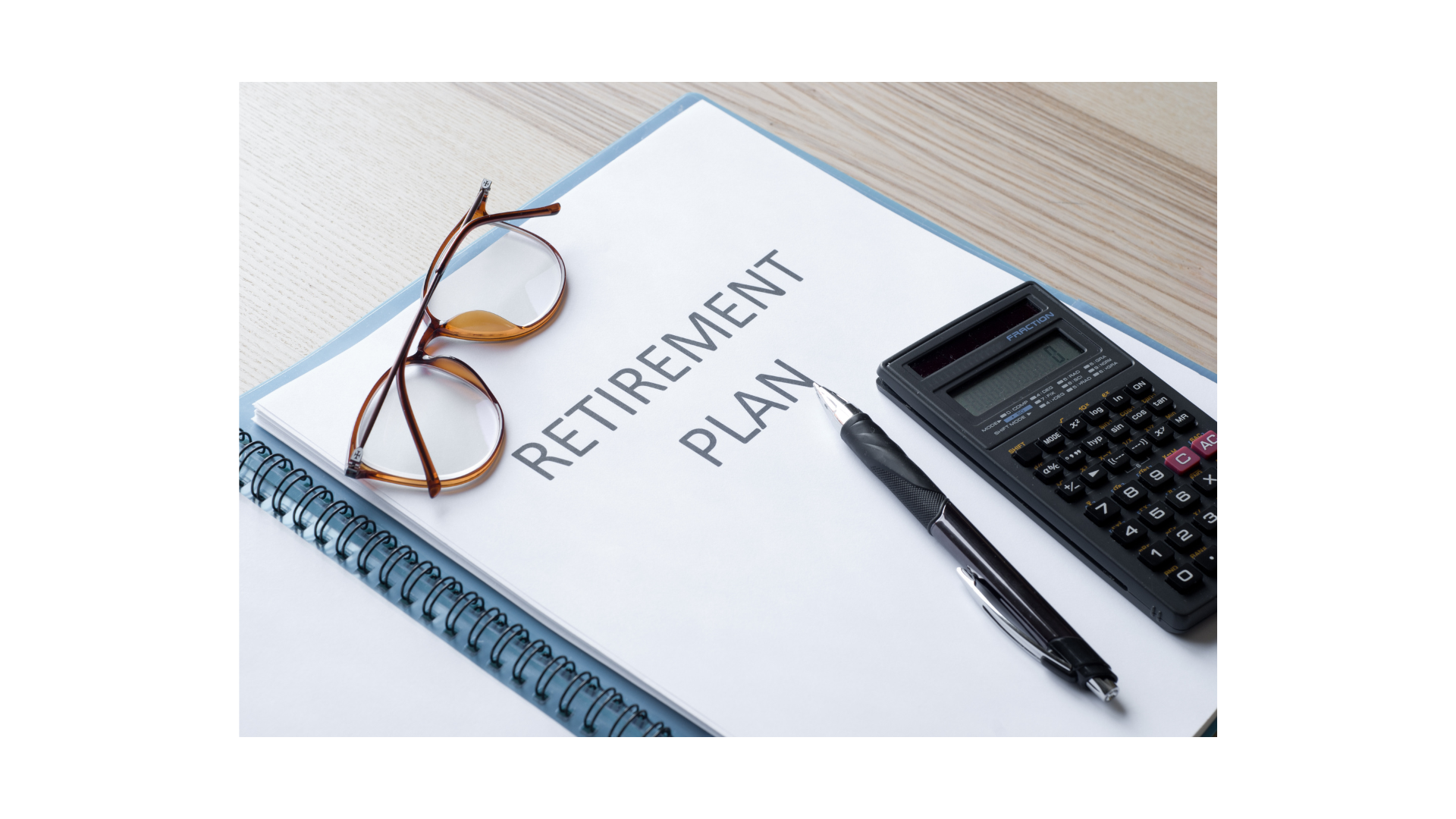Taking Charge of Your Financial Life
Delegating responsibilities to others may lead to problems down the road.
When you are putting together a household, it isn’t unusual to delegate responsibilities. One spouse or partner may take on the laundry, while another takes on the shopping. You might also decide which one of you vacuums and which one of you dusts. This is a perfectly fine way to divvy up household tasks and chores.
One household task it’s valuable for both partners to take part in, however, is your shared financial life. It’s important, regardless of your level of wealth or stage of life. Counting on one spouse or partner to handle all financial decisions can create a gap for the other partner. Should the one in charge of the money separate, become severely disabled, or pass away, that may leave the other partner in a bind. A situation like that is probably difficult enough without adding additional stress.
Begin the conversation. If you are the partner who isn’t steering the household finances, ask yourself why. It may be that you have preconceived notions about how difficult it might be to educate yourself to make informed decisions. Maybe you know how to do it, but you would simply rather not be bothered. It’s also possible that you recognize that your spouse or partner has a particular expertise in these matters and doesn’t need your help.
Regardless of the reason, it’s probably a good idea that you should at least be able to hop into the driver’s seat, should misfortune strike your household. In that unfortunate circumstance, you should feel confident that whatever the reason or the duration, you won’t have any unnecessary concerns about managing your household’s finances.
For example, what if you have insurance that covers extended care, in case of a severe injury that causes your spouse or partner to be away from work for an indefinite period? How will you be certain that the claim is made? Who will make sure the bills get paid? The job will fall to you.
Getting involved. The good news is that through communication, regular conversations, and a little effort, you can probably learn what you need to know in order to help yourself in these situations. Part of this, too, may be meeting and getting to know the financial professional who works for your household.
The more knowledge you have, the more confident you can become. Starting the conversation is just the first step. It may take you some time to become comfortable in taking a greater role in the decision-making, but when you do, you may feel more confident if the responsibility ever falls solely to you.
This material was prepared by MarketingPro, Inc., and does not necessarily represent the views of the presenting party, nor their affiliates. This information has been derived from sources believed to be accurate. Please note - investing involves risk, and past performance is no guarantee of future results. The publisher is not engaged in rendering legal, accounting or other professional services. If assistance is needed, the reader is advised to engage the services of a competent professional. This information should not be construed as investment, tax or legal advice and may not be relied on for the purpose of avoiding any Federal tax penalty. This is neither a solicitation nor recommendation to purchase or sell any investment or insurance product or service, and should not be relied upon as such. All indices are unmanaged and are not illustrative of any particular investment.











